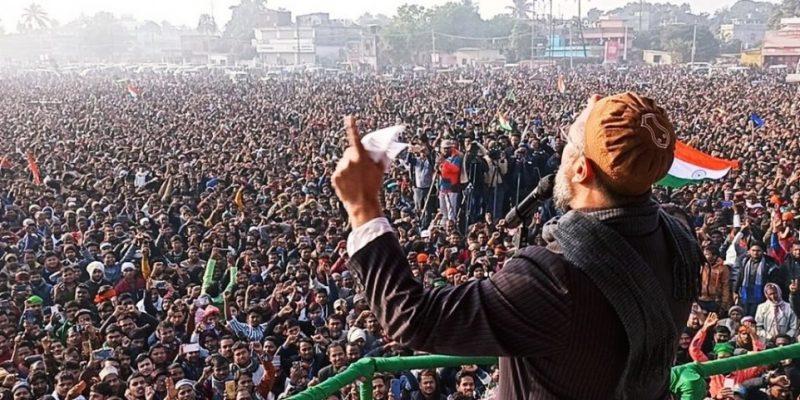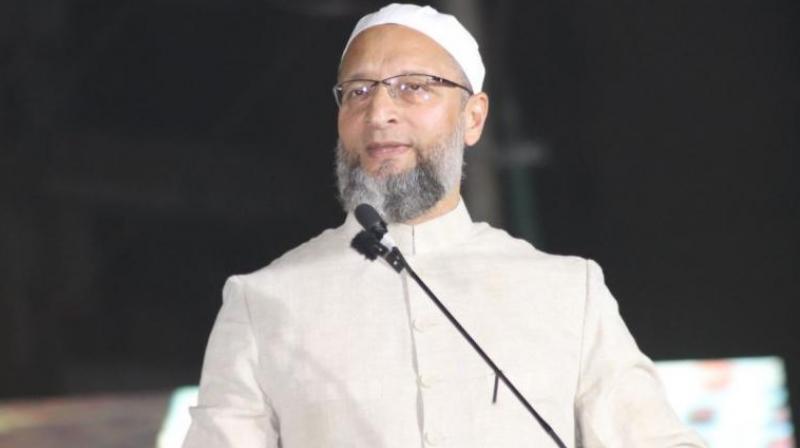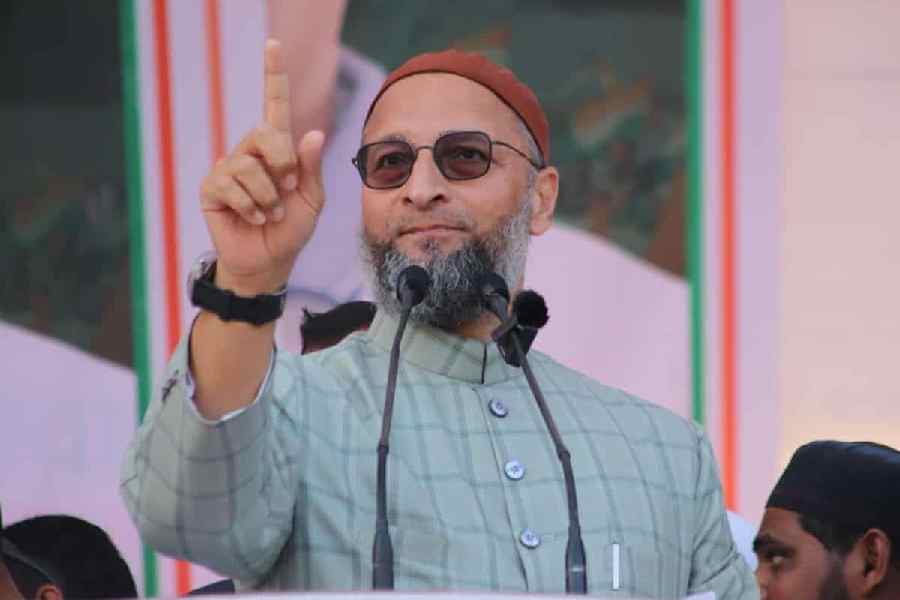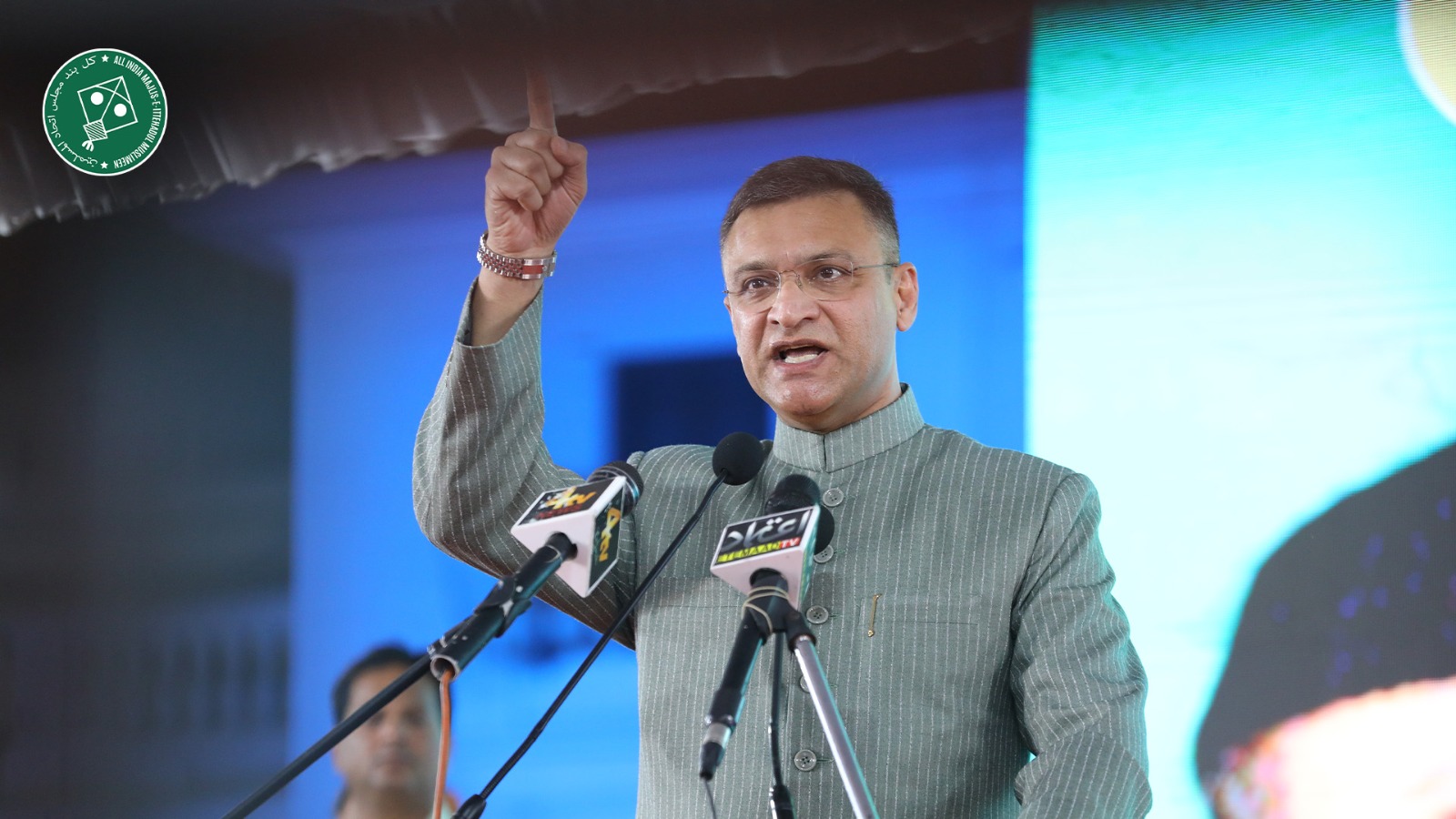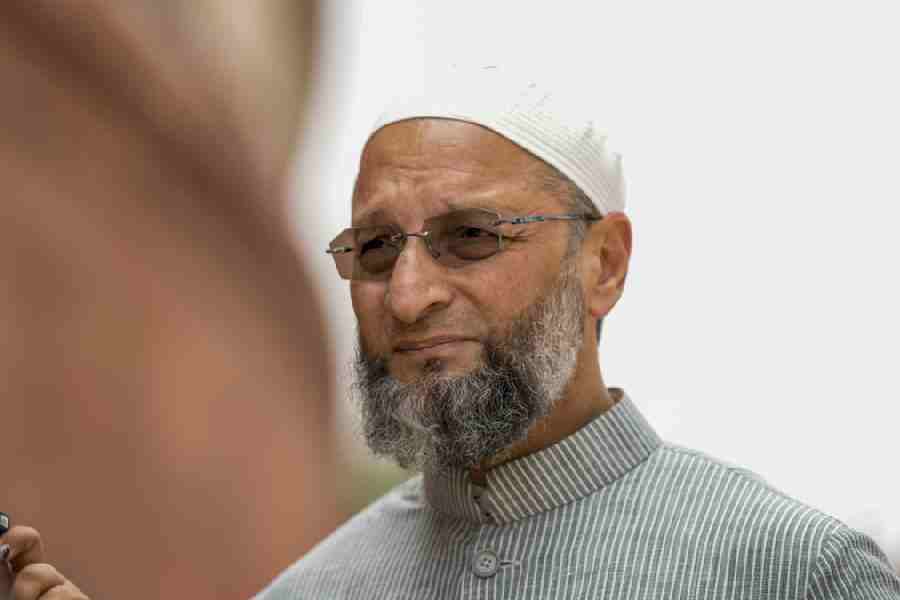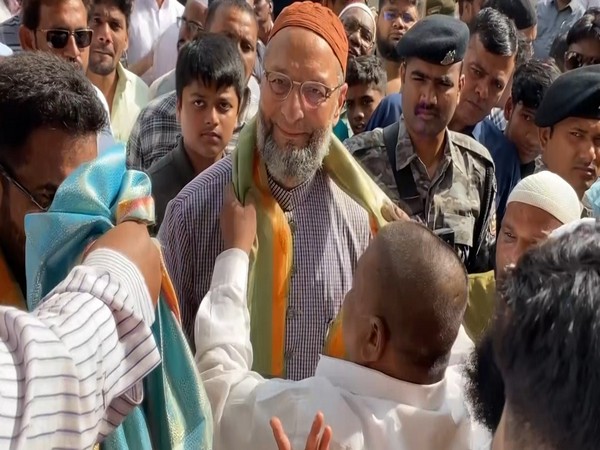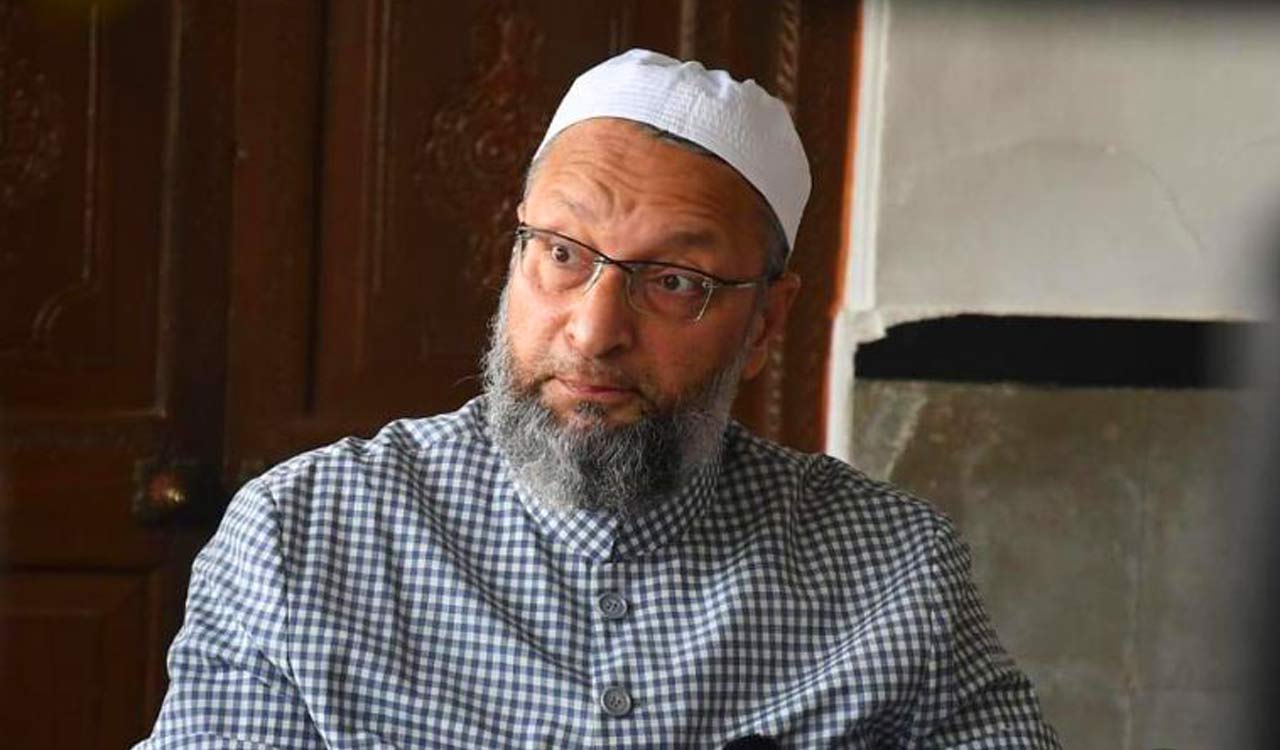17 Years Post 9/11, a Sikh Woman Reminds the World that They are Still Unsafe in the US
Wed 12 Sep 2018, 15:33:54
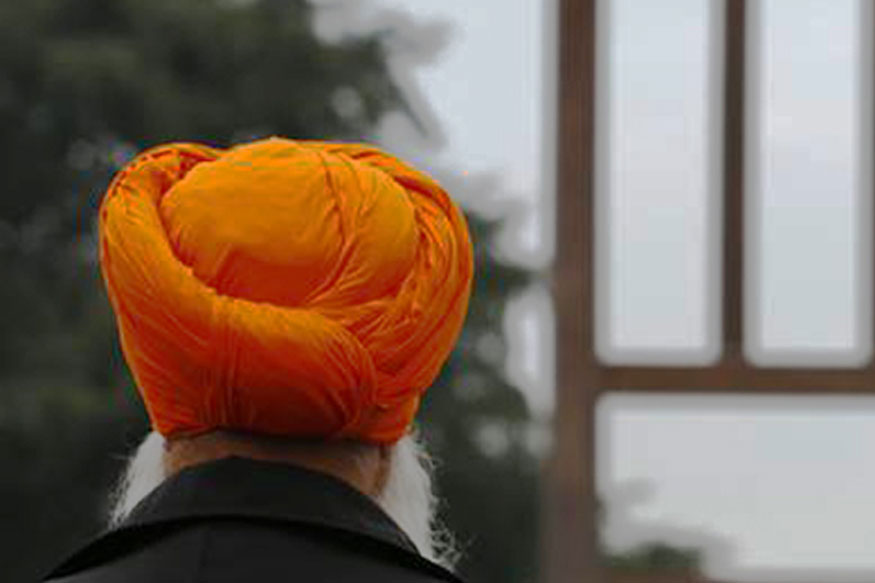
On Tuesday, America solemnly marked the 17th anniversary of the deadly September 11 attacks. Americans used the day to reflect on the past, to mourn and remember their loved ones, to share collective strength in their shared history of pain.
However, not every American felt the same reverence for the day. Jo Kaur, a Sikh-American activist, lawyer, and writer used social media to remind the world of the horrors the attacks unleashed on many innocent people.
My parents both work at a gas station.My mother cautioned my dad to not joke around & smile today - i.e. be himself - lest anyone accuse or target this brown-skinned, bearded & turbaned man for "celebrating" on 9/11.America demands our constant vigilance & it is a disgrace.
The tweet is a chilling reference to racism and violence that followed the 9/11 attacks.
In 2001, after the four hijacked aircrafts manned by 19 Al-Qaeda operatives crashed into New York (Twin Towers), the outskirts of Washington DC (The Pentagon) and Pennsylvania, killing nearly 3,000 people, the US government and security authorities launched a severe, racial and soon to be criticised regime of arbitrary arrests and illegal detentions.
Communities such as Muslims, Sikhs and almost non-white, non-American people in the US were under the threat of persecution and arrest. The Detention centres and
the alleged use of torture techniques for interrogation by US authorities have since become infamous.
the alleged use of torture techniques for interrogation by US authorities have since become infamous.
The Sikh community in the US was also not spared. On the night of September 11 2001, a Sikh, Balbir Singh Sodhi, was killed in Arizona outside a gas station that he ran in Arizona. Two other Sikh boys were also assaulted in 'reprisal attacks' on the same day. Many within the Sikh community in the US view the incident as one of the first serious incidences of racial violence post 9/11. In response, the community formed 'The Sikh Coalition', a nonprofit civil rights group fighting for equal rights and justice for Sikhs living in the US.
Worse than the hostile attitude of authorities was the hostility and xenophobia shown by average white Americans, resulting in racial tensions and violence post the attacks. 481 hate crimes were reported against Muslims across the US in 2001, an unprecedented and since unmatched number in any given year. The tensions were to last almost a decade, remnants of which manifest themselves even today in racist comments, jokes and stereotypes, or worse, physical attacks, abuse and violence.
Jo's tweet about her mother fearing for the life of her father, even after 17 years since the tragedy is not unfounded. Since the victory of Donald Trump, the US has seen an increase in cases of racial tensions and violence. A growing 'Alt-Right' in the country has started xenophobic propagandizing and spreading hate. Data revealed that since Trump's presidency, there has been a 45 percent increase in hate crimes against Muslims and South-Asians in the US.
No Comments For This Post, Be first to write a Comment.
Most viewed from International
Most viewed from World
AIMIM News
Asaduddin Owaisi files nomination papers on Friday
Apr 20, 2024
Owaisi Begins Election Campaign in Hyderabad
Apr 13, 2024
Bring back Indian workers in Israel: Owaisi
Apr 13, 2024
Latest Urdu News
Most Viewed
May 26, 2020
Do you think Ruturaj Gaikwad would be a good captain for Chennai Super Kings?
Latest Videos View All
Like Us
Home
About Us
Advertise With Us
All Polls
Epaper Archives
Privacy Policy
Contact Us
Download Etemaad App
© 2024 Etemaad Daily News, All Rights Reserved.

.jpg)
.jpg)
.jpg)

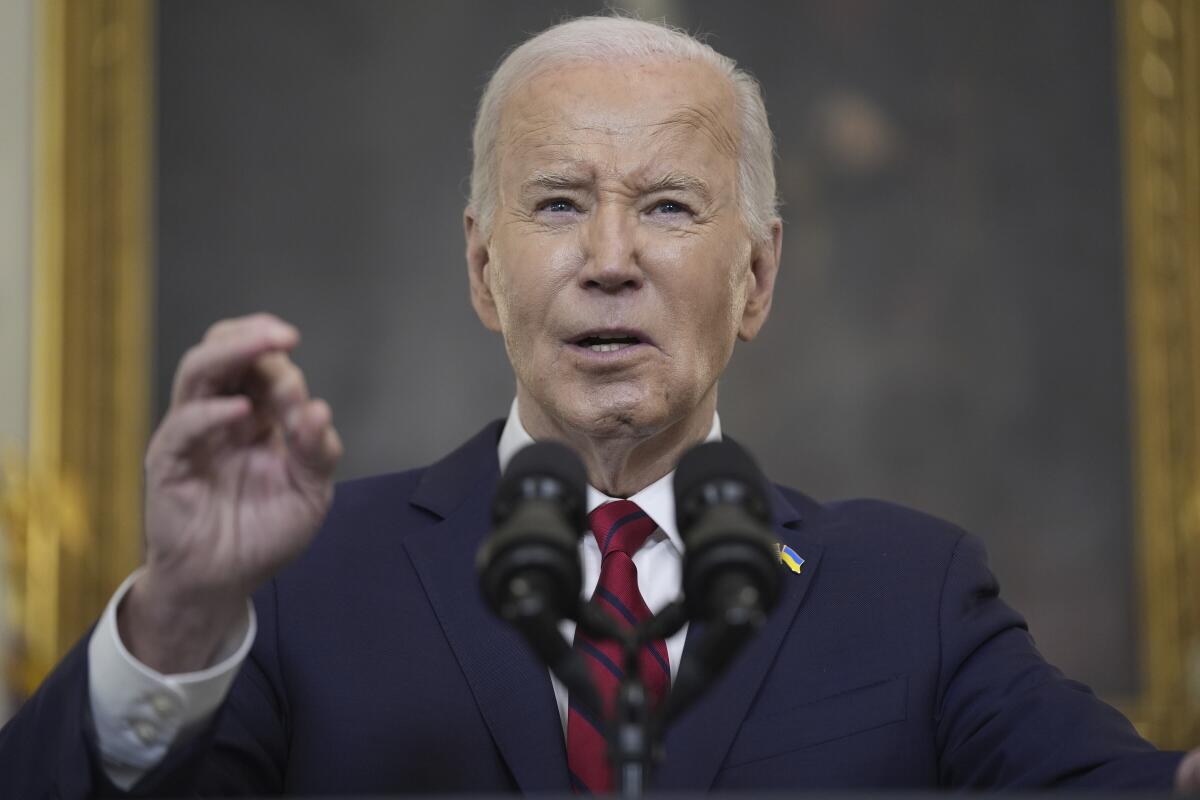
.jpg)
.jpg)
.jpg)
.jpg)
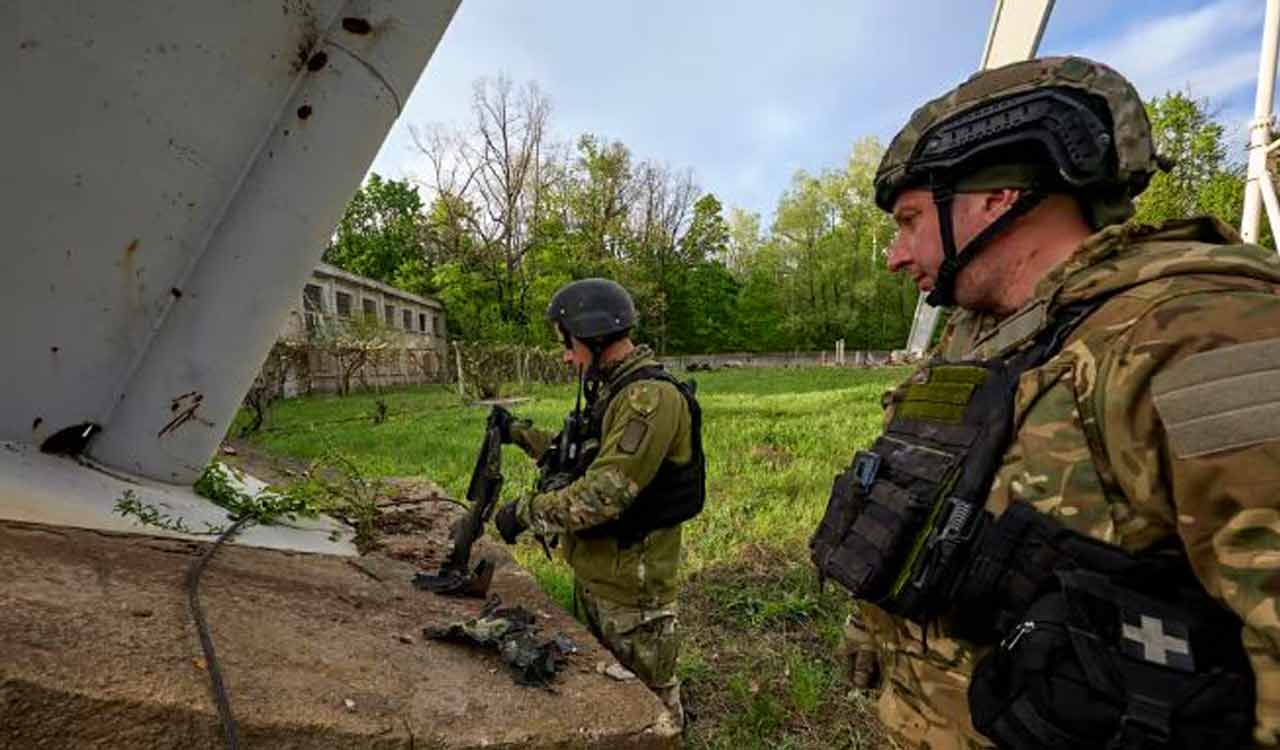
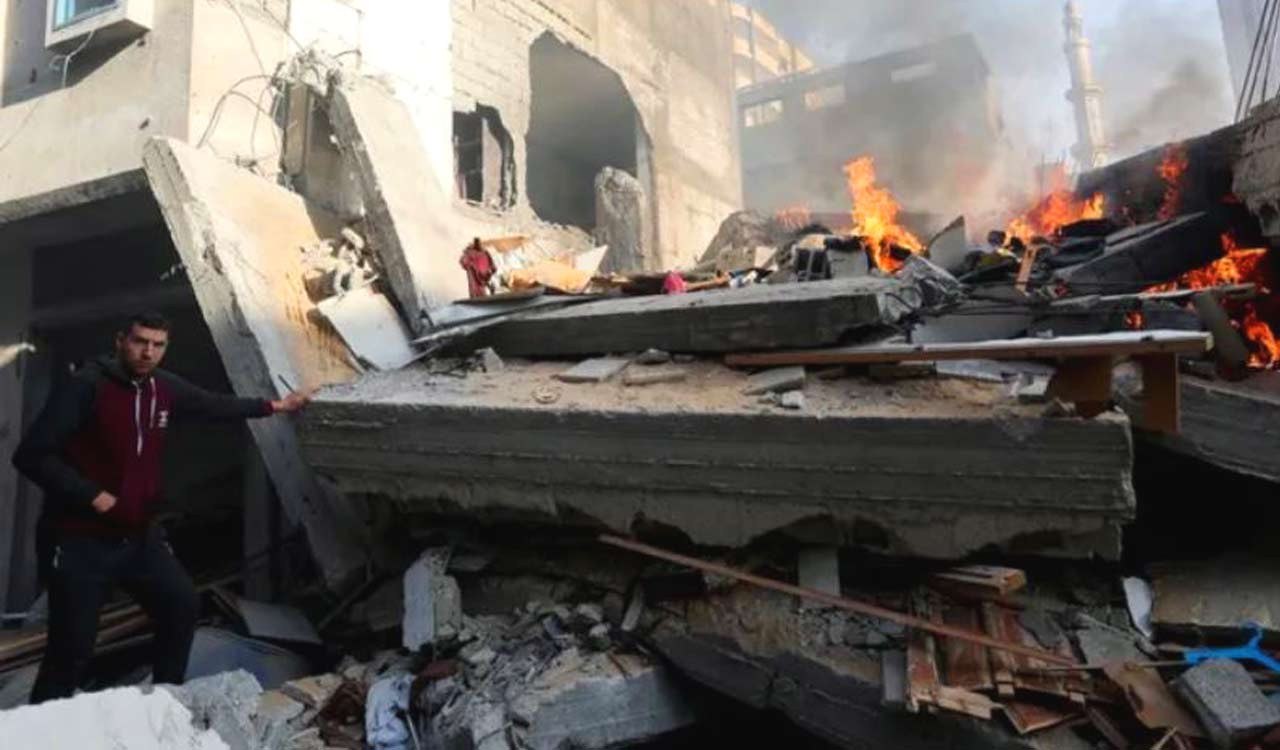

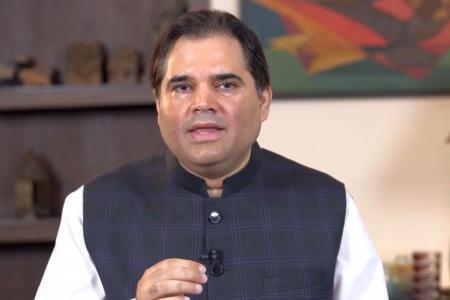
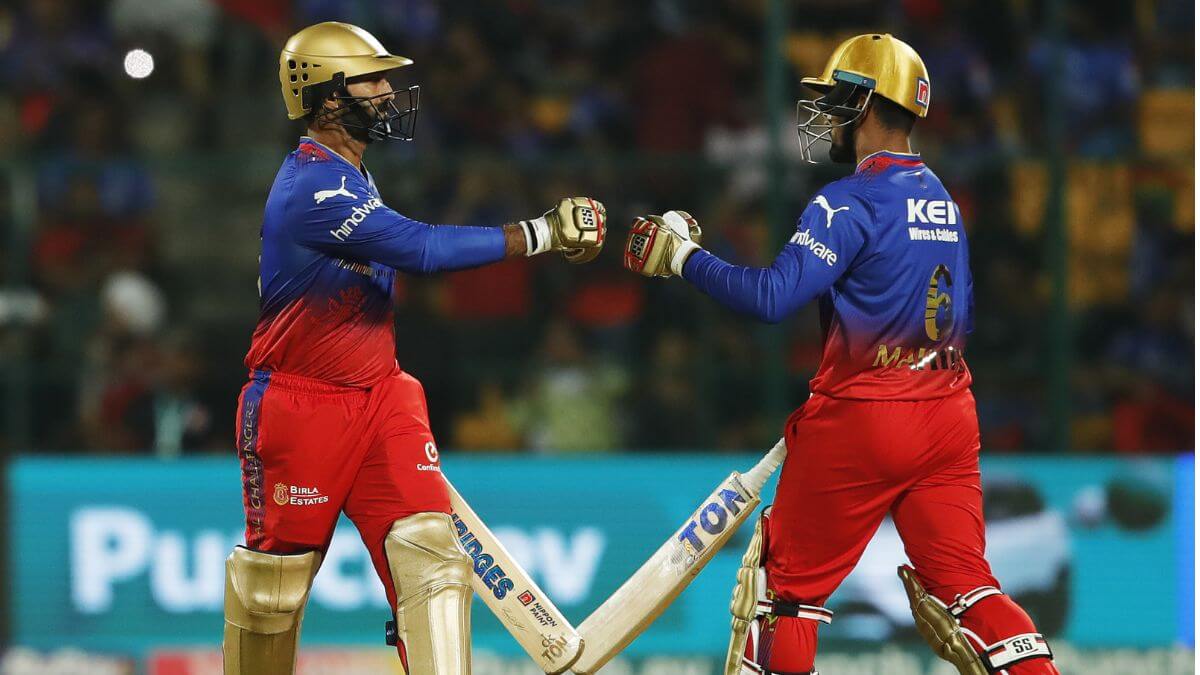
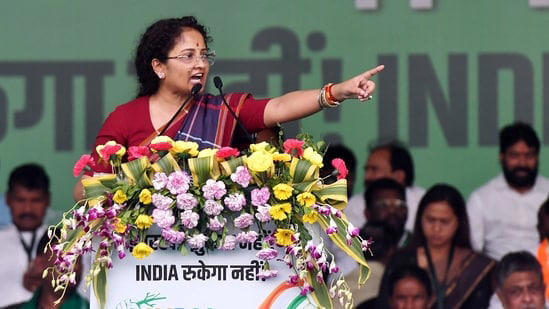
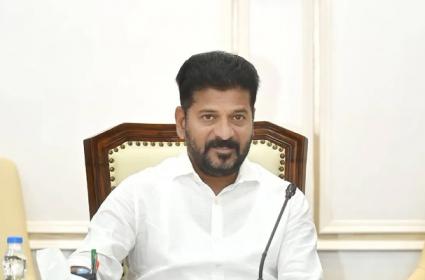

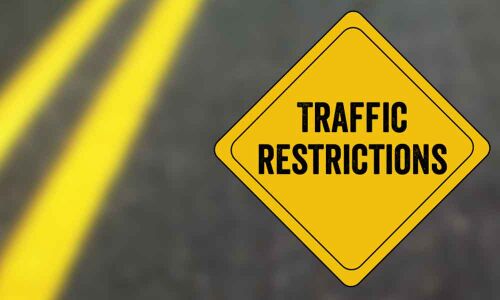

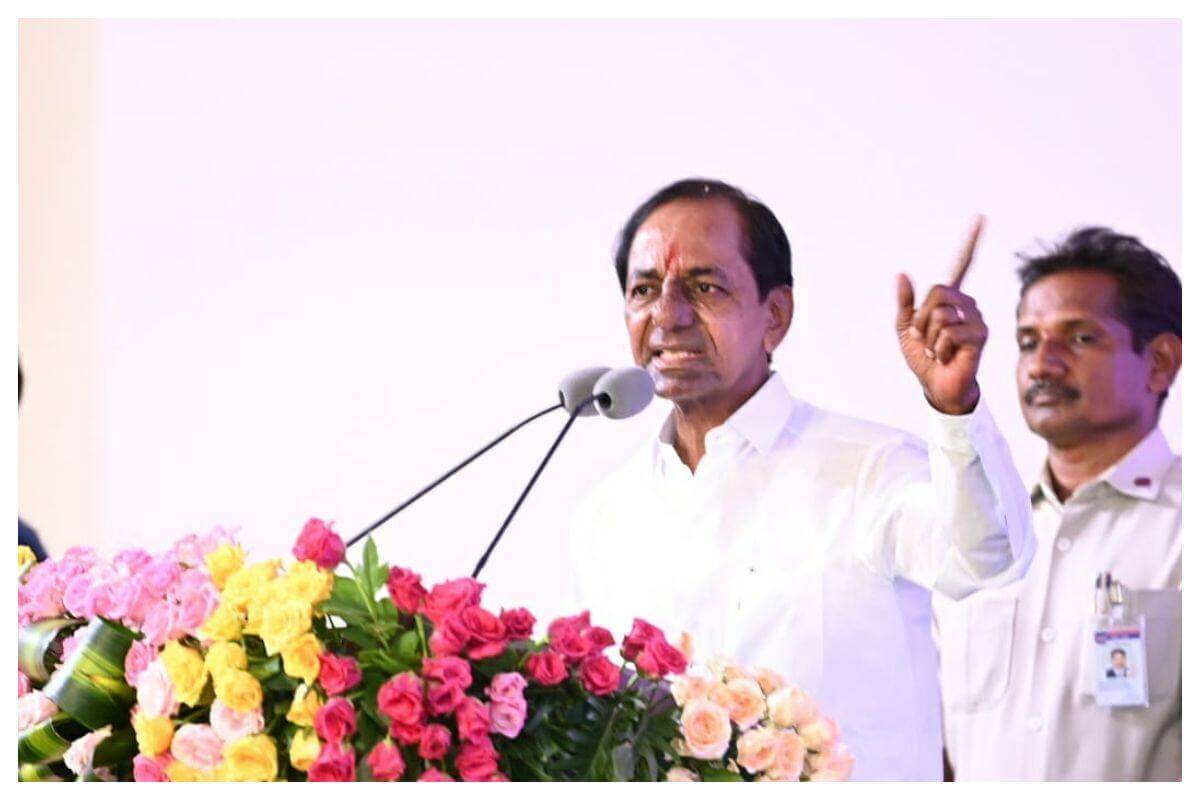
.jpg)
.jpg)
.jpg)
.jpg)



